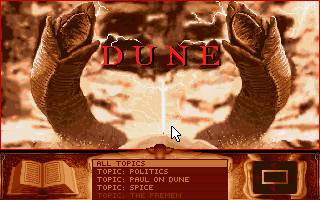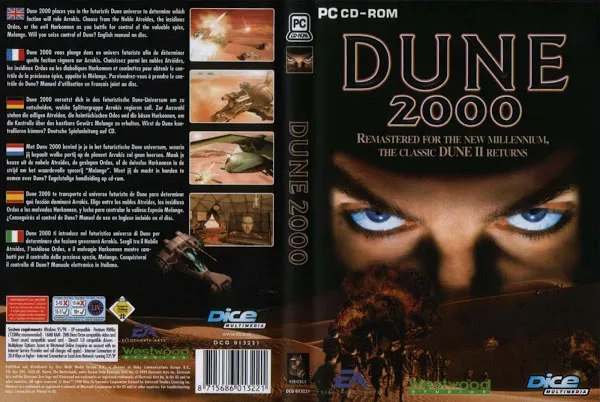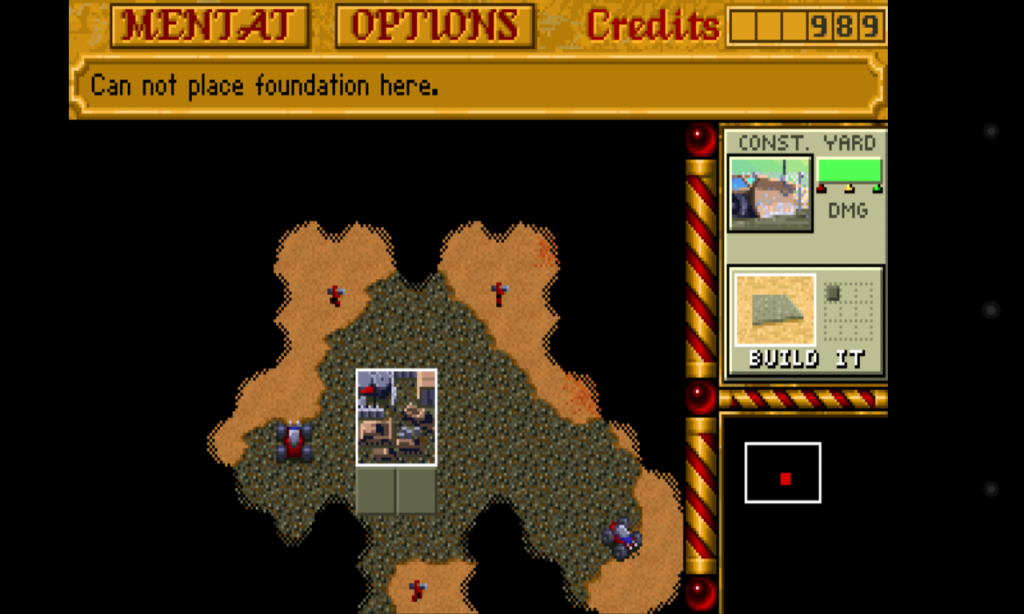
"So you want to stay above a certain level to keep learning abilities, you might want to stay above a certain level to make sure that you have 100% of your maximum health all the time," Bylos said.

In some ways, spice sounds like Valheim's food system: something important to the game but not deadly if neglected.

While water is the key to life on Arrakis, Bylos said, "Spice is power." At the start of the game, players have no strong affiliation to spice but over time it will begin to permeate their bloodstream, which will allow them to enhance their abilities and learn new skills. So we're we're kind of trying to find a nice balance with that." And so I would say that we want to create these very strong survival tensions, but we also don't want to punish players in a ridiculously harsh way. "And everybody else sort of copied that, so we're rethinking some of those paradigms. "There are assumptions that have just been there since the start of the survival genre, because the first game did them," Bylos said. "We're not trying to punish the player by killing them if they have don't take spice for a while, but we're trying to give them good reasons to maintain their spice levels." Joel Bylos, Creative Director That's the sort of idea Funcom is going for with its own survival systems in Dune: Awakening.

While food remains a deeply important part of Valheim for maintaining your health and stamina, you can get by while neglecting it. Food, for instance: you'll never starve to death from not eating. Valheim successfully did a few things, as Fraser put it, to reject boring survival systems and make them more appealing for players who don't typically play survival games.


 0 kommentar(er)
0 kommentar(er)
